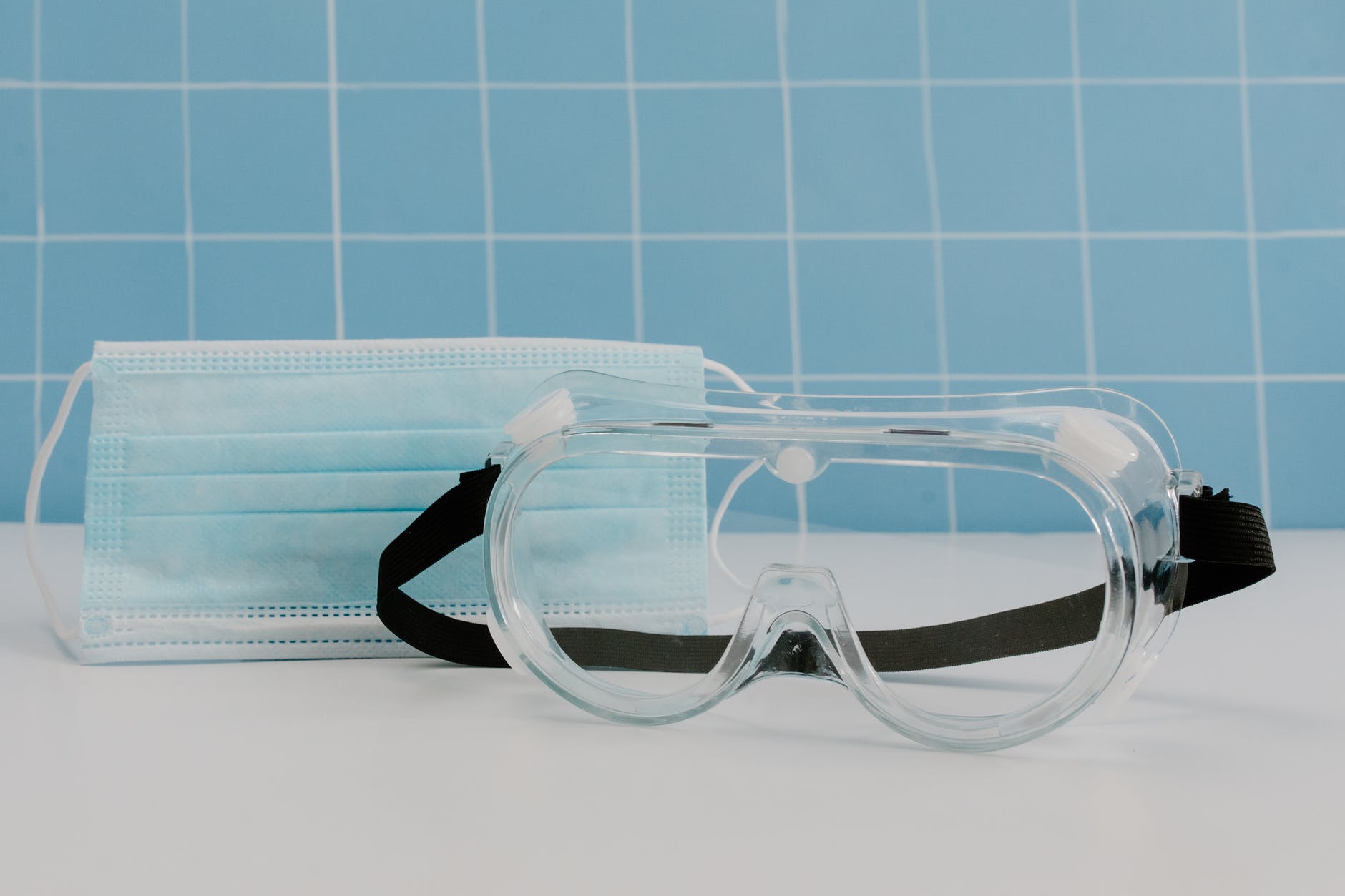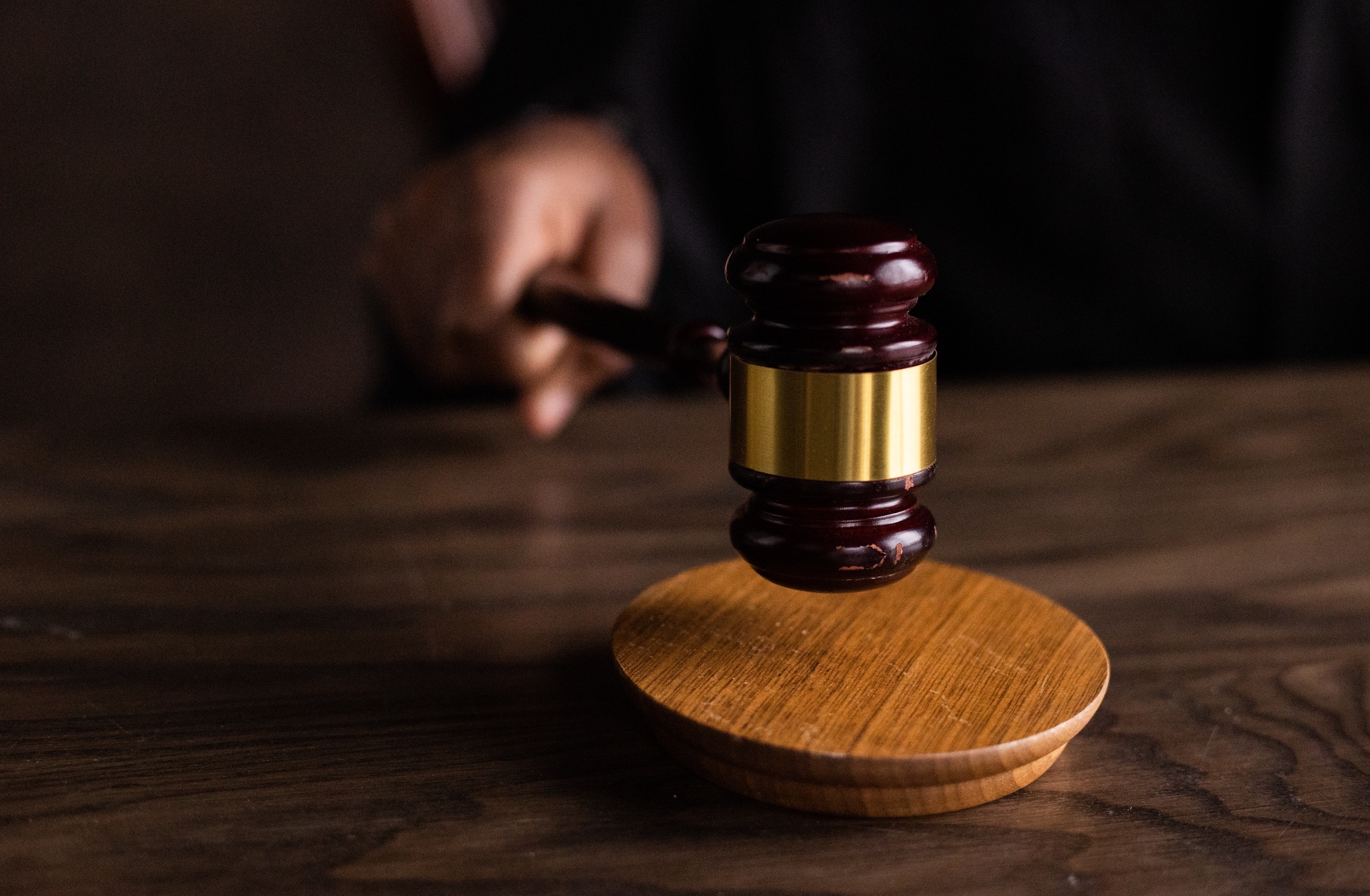This lawsuit highlights the needless suffering of patients at Angola—including severe pain, preventable sickness, and untimely death—as a result of prison officials’ failure to provide constitutionally adequate medical care.
In Lewis v. Cain, Chief Judge Shelly D. Dick of the U.S. Middle District of Louisiana ordered the Louisiana Department of Corrections and Public Safety to remedy the unconstitutional conditions of medical care at the Louisiana State Penitentiary (Angola). The ruling is the latest milestone in the 2015 class action lawsuit brought by PJI, Democracy Forward, and co-counsel on behalf of the approximately 5,000 people incarcerated at Angola.
“Your humanity does not stop at the prison gate,” said Mercedes Montagnes, who served as PJI’s executive director and was co-lead counsel in the suit. “This Court’s ruling underscores the value in every life and holds our state accountable for its failure to protect patients. So many patients have put their own well-being second, even as many battled terminal illness, to fight on behalf of all patients who are incarcerated. Today they are vindicated.”
After a 2018 liability trial, Judge Dick ruled in 2021 that the medical care at Angola is constitutionally inadequate and violates the 8th Amendment prohibition against cruel and unusual punishment and the Americans with Disabilities Act (ADA). Following a June 2022 remedy trial, yesterday’s ruling requires the Louisiana DOC to implement remedial plans for both the medical care and ADA deficiencies at the prison. The development and implementation of these plans will be overseen by three Special Masters to be appointed by the federal court.
“Angola’s leadership has had years to fix their practices while our clients suffered needlessly from treatable conditions,” said Jeffrey Dubner, Legal Director for Democracy Forward and co-lead counsel for the plaintiffs. “As the Court found, the ‘callous and wanton disregard for the medical care of inmates’ at Angola has had a human cost that is ‘unspeakable’. This ruling is a win for the rule of law, an important step towards ensuring constitutional care for all those imprisoned in Angola, and a tribute to the men who dedicated the last years of their lives to advocating for humane treatment of those in need.”
This lawsuit highlights the needless suffering of patients at Angola—including severe pain, preventable sickness, and untimely death—as a result of prison officials’ failure to provide constitutionally adequate medical care.

“For decades, Angola has dismissed or ignored the serious medical needs of those incarcerated there”, said SPLC Senior Supervising Attorney Bruce Hamilton. “For decades advocates have been saying what this court’s decision makes plain: People in prison are entitled to constitutional care regardless of their previous circumstances. The time is now for Angola to improve its healthcare, and for the state of Louisiana to stop spending millions of dollars on litigation to resist a fundamental human right.”
The plaintiff class was represented by the Promise of Justice Initiative and Democracy Forward along with Cohen Milstein Sellers & Toll PLLC, Disability Rights Louisiana, ACLU of Louisiana, and the Southern Poverty Law Center (SPLC).
“This injunctive order is another step in recognizing incarcerated people as human beings in Louisiana,” said Samantha Kennedy, PJI Executive Director. “The Department of Corrections has willfully allowed an abhorrent system of medical care to exist at Angola for decades. We are elated to see the federal court order necessary reforms affecting the lives of thousands of incarcerated people.”
Judge Dick’s opinion is found here, and the Court’s remedial order is found here.
Read the 2021 news release on the original trial ruling here.
Listed below are excerpts from the 104-page court opinion:
Page 2:
“The human cost of these 26 YEARS is unspeakable. In the following pages, the Court will make detailed and extensive findings of the callous and wanton disregard for the medical care of inmates at Angola. The finding is that the “care” is not care at all, but abhorrent cruel and unusual punishment that violates the United States Constitution.”
Page 96/97:
“The Court finds that Defendants have been continuously deliberately indifferent to the serious medical needs of Plaintiffs in failing to address and/or correct known deficiencies; Defendants have continuously acted with deliberate indifference toward the standards of care “within modern and prudent professional standards” by delaying or denying access to medical attention to serious and urgent medical needs of inmates. As discussed at length above, the record is replete with instances showing failure by Defendants to take the necessary steps to provide access or avoid delay in access to medical and health care. Specifically, the trial testimony and evidence demonstrate constitutionally inadequate care and/or access to care as it relates to the following: providing timely and adequate access to clinical care (including sick call and medication management), inpatient/infirmary care, emergency care, and specialty care. The continued deficient medical leadership, administration, and organizational structure underpins the constitutionally deficient system of healthcare.”


Join the conversation!